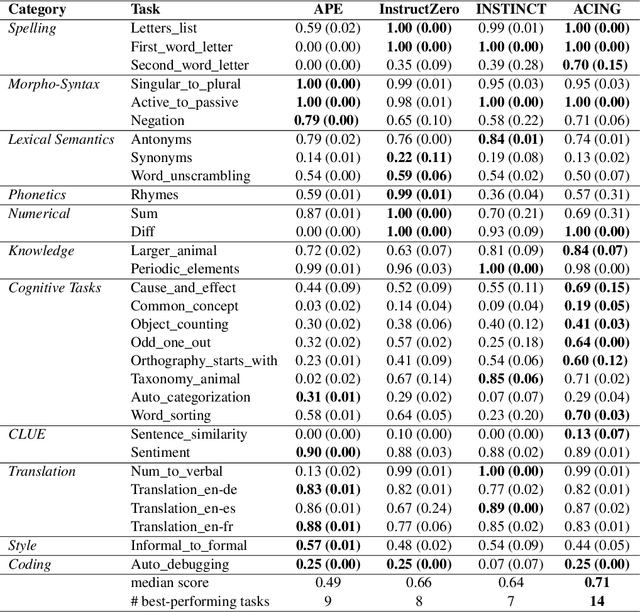Salma Kharrat
Every Call is Precious: Global Optimization of Black-Box Functions with Unknown Lipschitz Constants
Feb 06, 2025Abstract:Optimizing expensive, non-convex, black-box Lipschitz continuous functions presents significant challenges, particularly when the Lipschitz constant of the underlying function is unknown. Such problems often demand numerous function evaluations to approximate the global optimum, which can be prohibitive in terms of time, energy, or resources. In this work, we introduce Every Call is Precious (ECP), a novel global optimization algorithm that minimizes unpromising evaluations by strategically focusing on potentially optimal regions. Unlike previous approaches, ECP eliminates the need to estimate the Lipschitz constant, thereby avoiding additional function evaluations. ECP guarantees no-regret performance for infinite evaluation budgets and achieves minimax-optimal regret bounds within finite budgets. Extensive ablation studies validate the algorithm's robustness, while empirical evaluations show that ECP outperforms 10 benchmark algorithms including Lipschitz, Bayesian, bandits, and evolutionary methods across 30 multi-dimensional non-convex synthetic and real-world optimization problems, which positions ECP as a competitive approach for global optimization.
ACING: Actor-Critic for Instruction Learning in Black-Box Large Language Models
Nov 19, 2024



Abstract:The effectiveness of Large Language Models (LLMs) in solving tasks vastly depends on the quality of the instructions, which often require fine-tuning through extensive human effort. This highlights the need for automated instruction optimization; however, this optimization is particularly challenging when dealing with black-box LLMs, where model parameters and gradients remain inaccessible. We propose ACING, a task-specific prompt optimization approach framed as a stateless continuous-action Reinforcement Learning (RL) problem, known as the continuum bandit setting. ACING leverages an actor-critic-based method to optimize prompts, learning from non-differentiable reward signals. We validate ACING by optimizing prompts for ChatGPT on 30 instruction-based tasks. ACING consistently outperforms baseline methods, achieving a median score improvement of 10 percentage points. Furthermore, ACING not only recovers but also surpasses human-crafted expert instructions, achieving up to a 39 percentage point improvement against human benchmarks.
FilFL: Accelerating Federated Learning via Client Filtering
Feb 13, 2023Abstract:Federated learning is an emerging machine learning paradigm that enables devices to train collaboratively without exchanging their local data. The clients participating in the training process are a random subset selected from the pool of clients. The above procedure is called client selection which is an important area in federated learning as it highly impacts the convergence rate, learning efficiency, and generalization. In this work, we introduce client filtering in federated learning (FilFL), a new approach to optimize client selection and training. FilFL first filters the active clients by choosing a subset of them that maximizes a specific objective function; then, a client selection method is applied to that subset. We provide a thorough analysis of its convergence in a heterogeneous setting. Empirical results demonstrate several benefits to our approach, including improved learning efficiency, accelerated convergence, $2$-$3\times$ faster, and higher test accuracy, around $2$-$10$ percentage points higher.
 Add to Chrome
Add to Chrome Add to Firefox
Add to Firefox Add to Edge
Add to Edge